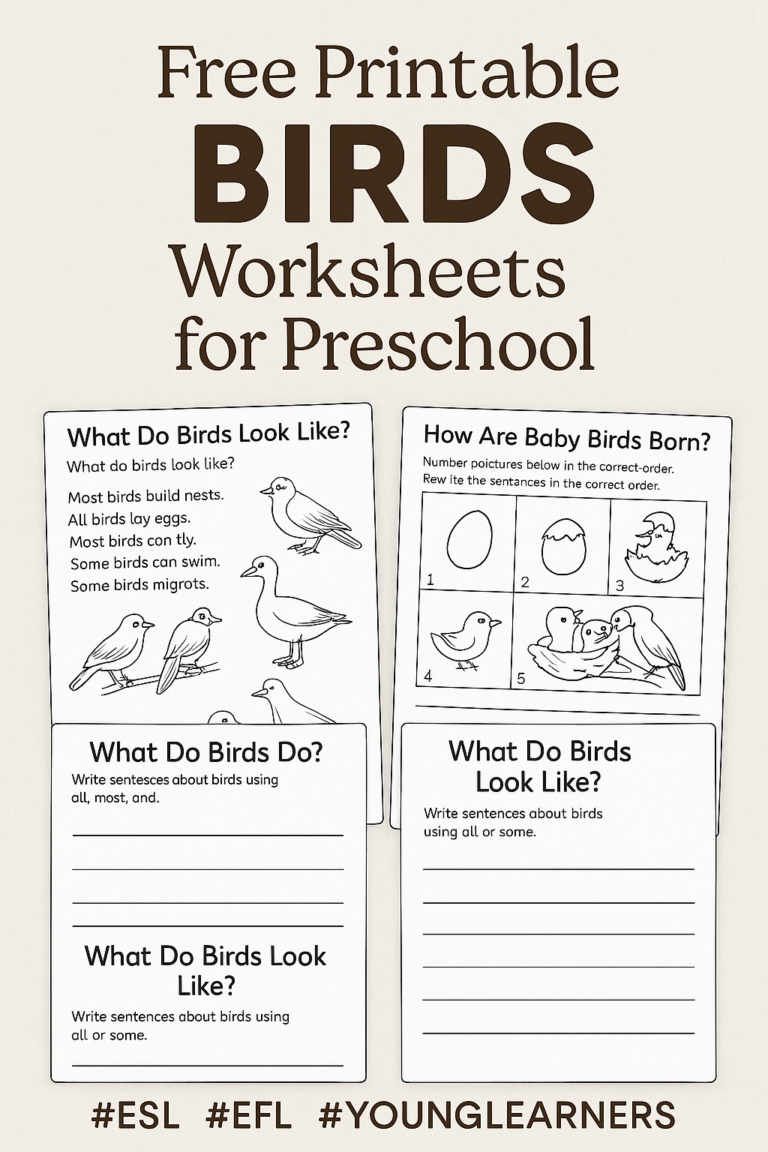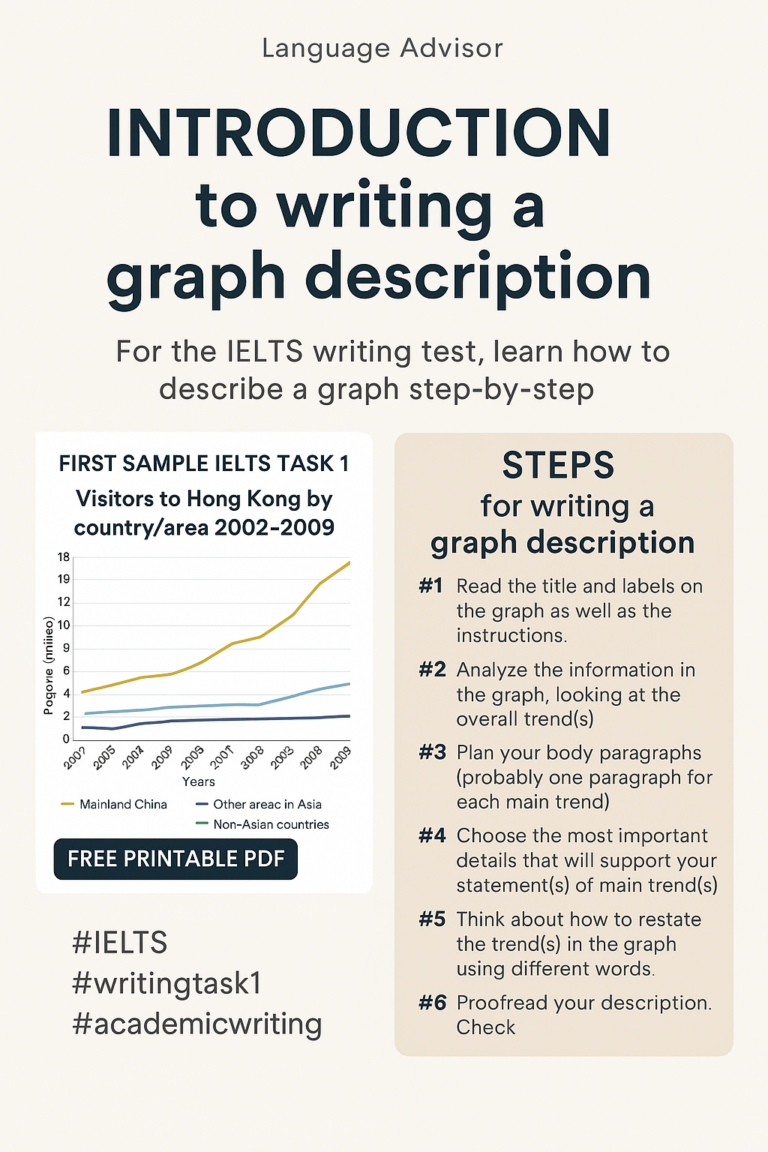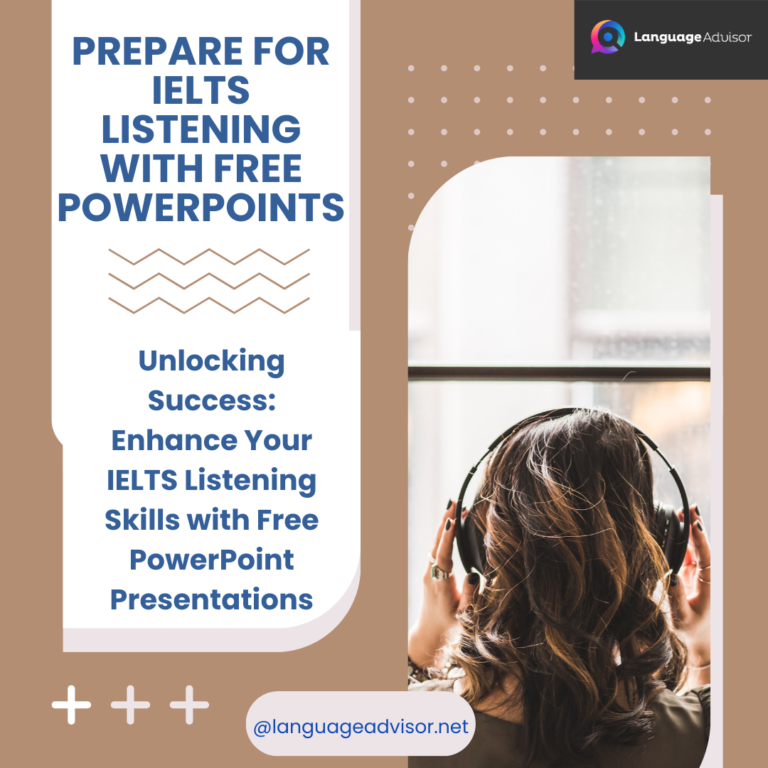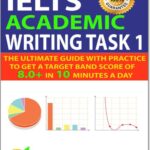3 IELTS Academic Writing sample tasks. Enhance Your writing Skills for Success with free Printable PDFs
3 IELTS Academic Writing sample tasks

3 IELTS Academic Writing sample tasks
The IELTS Academic Writing test is a crucial part of the exam for students aiming to study at universities in English-speaking countries. This section assesses your ability to write in a clear, coherent, and precise manner. It consists of two tasks that must be completed in 60 minutes. This blog post will walk you through the types of tasks you might encounter and provide strategies to tackle them effectively.
Understanding the Format
The IELTS Academic Writing test comprises two tasks:
- Task 1: You are required to describe, summarize, or explain information presented in a graph, table, chart, or diagram. This task should be completed in about 20 minutes, and you need to write at least 150 words.
- Task 2: You need to write an essay in response to a point of view, argument, or problem. You should spend about 40 minutes on this task and write at least 250 words.
Task 1: Describing Visual Information
In Task 1, you will be given a visual representation of data, such as a bar chart, line graph, pie chart, table, process diagram, or map. Your task is to describe the main features and make comparisons where relevant.
Types of Visuals and Tips for Each
- Bar Charts and Line Graphs
- Tips:
- Identify the overall trends (e.g., upward, downward).
- Compare the highest and lowest points.
- Highlight any significant changes or anomalies.
- Use a range of vocabulary to describe trends (e.g., increase, decrease, fluctuate).
- Tips:
- Pie Charts
- Tips:
- Describe the proportions or percentages.
- Compare the largest and smallest segments.
- Discuss any notable differences or similarities.
- Tips:
- Tables
- Tips:
- Highlight key data points.
- Compare the highest and lowest values.
- Summarize the main trends.
- Tips:
- Process Diagrams
- Tips:
- Describe each step in the process clearly.
- Use sequential language (e.g., first, next, then, finally).
- Ensure you cover all stages of the process.
- Tips:
- Maps
- Tips:
- Compare the features of two maps (e.g., changes over time).
- Describe locations and directions accurately.
- Highlight significant changes.
- Tips:

Task 2: Essay Writing
In Task 2, you are asked to respond to an argument or a problem with a well-structured essay. This task tests your ability to present a clear argument, support it with evidence, and write coherently.
Common Essay Types and Tips for Each
- Opinion Essays
- Tips:
- Clearly state your opinion in the introduction.
- Support your opinion with reasons and examples.
- Address opposing viewpoints and refute them.
- Conclude by summarizing your main points and restating your opinion.
- Tips:
- Discussion Essays
- Tips:
- Present both sides of the argument.
- Provide evidence and examples for each side.
- Conclude by giving your own opinion or summarizing both perspectives.
- Tips:
- Problem-Solution Essays
- Tips:
- Describe the problem clearly in the introduction.
- Discuss possible solutions and their implications.
- Conclude by summarizing the problem and the most effective solution.
- Tips:
- Advantage-Disadvantage Essays
- Tips:
- Introduce the topic and state that you will discuss both advantages and disadvantages.
- Present the advantages with supporting evidence.
- Discuss the disadvantages with examples.
- Conclude by summarizing the main points or stating your opinion.
- Tips:

General Writing Tips
Plan Your Response
- Spend a few minutes planning your response for both tasks.
- Outline the main points you want to include.
- Organize your ideas logically.
Use Clear and Precise Language
- Avoid overly complex sentences that might confuse the reader.
- Use a range of vocabulary and grammatical structures.
- Ensure your writing is coherent and flows smoothly.
Stay Within the Word Limit
- For Task 1, write at least 150 words.
- For Task 2, write at least 250 words.
- Practice writing within these limits to manage your time effectively during the test.
Check Your Work
- Reserve a few minutes at the end to review your writing.
- Check for any grammatical errors or spelling mistakes.
- Ensure your sentences are clear and your ideas are well-expressed.
Mastering the IELTS Academic Writing section requires practice, strategy, and attention to detail. By familiarizing yourself with the different types of tasks and applying these tips, you can improve your writing skills and boost your confidence. Remember, practice makes perfect, so make use of sample tasks and past papers to hone your abilities. Good luck with your IELTS preparation!

3 IELTS Academic Writing sample tasks
Sample Scripts
Sample Task 1
Sample Task 2

3 IELTS Academic Writing sample tasks. Also check out these resources to successfully prepare for IELTS












